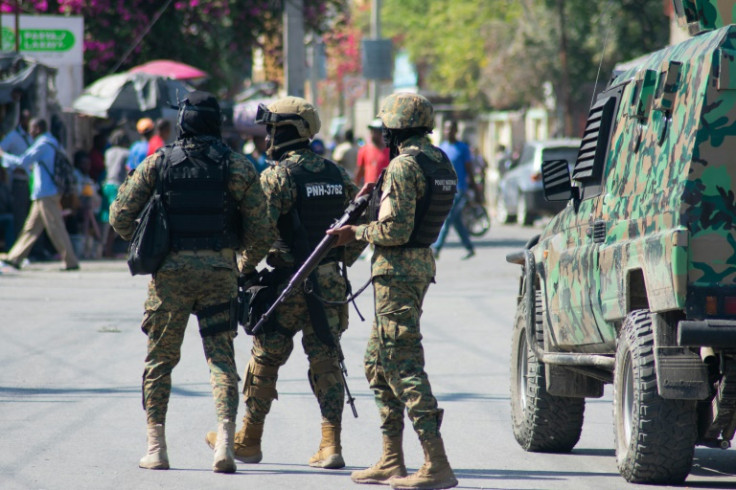
The deployment of an international force to help restore order in Haiti continues to face delays, with an unclear arrival date and new doubts about the role they will play, the Miami Herald reported.
The force, which was initially set to arrive in the Caribbean country in late May, is also facing a new legal challenge in Kenya, whose police agents are set to lead the mission. A previous one contributed to delaying the mission for months as the situation in Haiti continued to deteriorate.
However, that is not the only challenge. The operation continues to be far from financially solvent, having received a small portion of the $600 million estimated to be needed. And there is renewed confusion about whether the foreign cops will be tasked with fighting the gangs that control large swaths of the capital, Port-au-Prince, or if they will solely protect key government infrastructures like the airport, seaport and the presidential palace.
Kenyan president William Ruto and other officials have refrained from providing additional details, but sources told the outlet that the possibility they become a "static" force is back on the table.
One key reason for this could be the escalating violence in the territory, especially since a late February surge. According to an analysis piece by InSight Crime, the protracted deployment is giving the criminal organizations more time to prepare for what is anticipated to be a fierce response.
The initial deployment was set to be comprised of between 120 and 200 officials, but no specifics on that have been provided either. Kenya committed to leading the security mission to Haiti in October, pledging up to 1,000 officers to assist the Haitian police in maintaining security. Additional contributions of 1,500 officers were promised by partner countries, including Jamaica, Bangladesh, and Chad.
Forces were supposed to start arriving on May 23 to coincide with a visit by Ruto to the White House. Prior to leaving the U.S., the head of state said the deployment would take place about three weeks from then. Two weeks on, there is no set date either.
Meanwhile, Haiti's gangs continue to grow in power, complicating the mission's future. Notably, the once-rival gang alliances G9 and G-Pèp have united against the security mission, forming a group called Vivre Ensemble (Living Together). The alliance has for months conducted coordinated attacks on state institutions, displacing civilians, seizing police stations, and consolidating control over strategic areas of Port-au-Prince.
Experts interviewed by InSight Crime remain skeptical about the effectiveness of the Kenyan-led mission. They argue that previous efforts to train the Haitian police by Western countries have yielded limited success. The Haitian National Police, which the mission aims to support, has severely deteriorated, with over 2,000 officers deserting in 2023 alone. According to the United Nations, Haiti needs approximately 38,000 officers to achieve median levels of policing, yet the current force is estimated to consist of only around 3,000 active officers.
It remains to be seen whether the swearing in of the country's new prime minister, Gary Conille, will speed up the process. He did so on Monday, promising to "deliver" for the nation.
© 2024 Latin Times. All rights reserved. Do not reproduce without permission.







